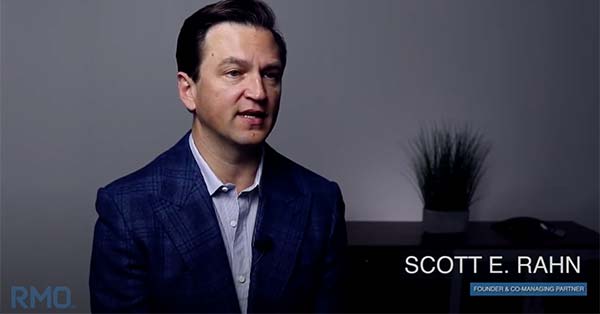Inheritance Disputes
Inheritance disputes can pose a harsh disruption to the trust administration or probate process, which usually arises when the beneficiaries or family members of a deceased individual disagree on how to distribute the estate, ranging from contests regarding the terms of a will or trust to disputes over entitlements to assets. Our lawyers at RMO have extensive experience in inheritance litigation, understanding how to navigate these sensitive issues to bring the best possible resolution for all parties.




